How Much Does It Cost to Own an Electric Vehicle in Nigeria? Charging and Maintenance Reviewed

Electric vehicles (EVs) are gaining traction worldwide as a sustainable alternative to traditional petrol and diesel cars. In Nigeria, the conversation around EVs is becoming more prominent, especially with rising fuel costs and environmental concerns. However, many Nigerians are curious about the actual costs associated with owning an EV in the country. This comprehensive guide delves into the expenses involved, focusing on purchase prices, charging costs, maintenance, and other considerations for potential EV owners in Nigeria.
Purchase Price of Electric Vehicles in Nigeria
The initial cost of acquiring an electric vehicle is a significant factor for potential buyers. In Nigeria, the prices of EVs vary based on the make, model, year, and specifications.
Here are some popular electric vehicles available in Nigeria along with their estimated prices:
Tesla Model S
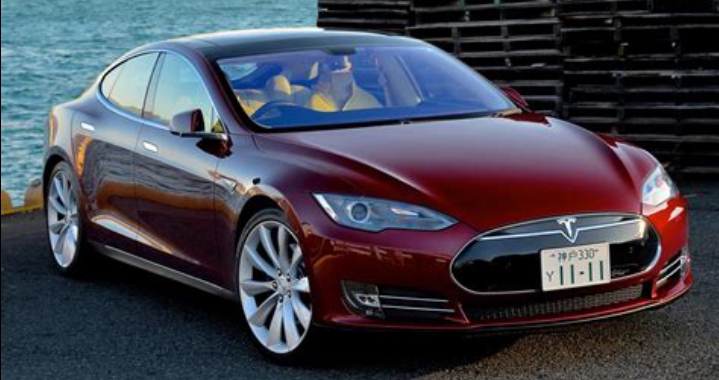
BMW i3
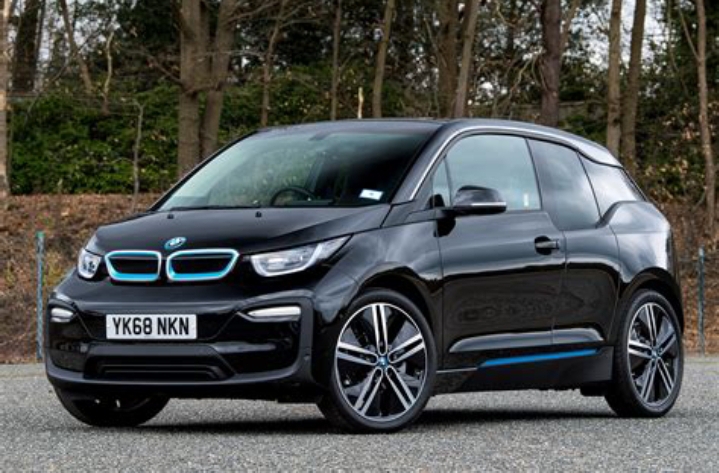
A compact electric car with a distinctive design and urban-friendly dimensions. Prices vary based on the model year and condition.
Chevrolet Volt
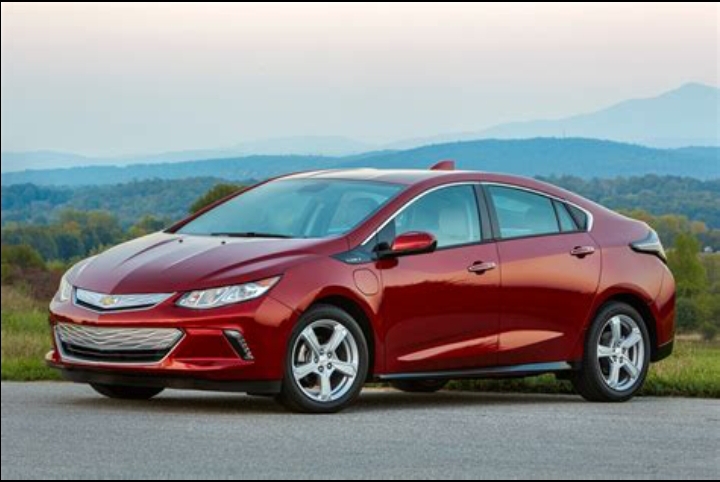
A plug-in hybrid that leans more towards being an electric vehicle, offering flexibility with its gasoline engine. Priced around ₦12 million for entry models.
Kia Soul EV
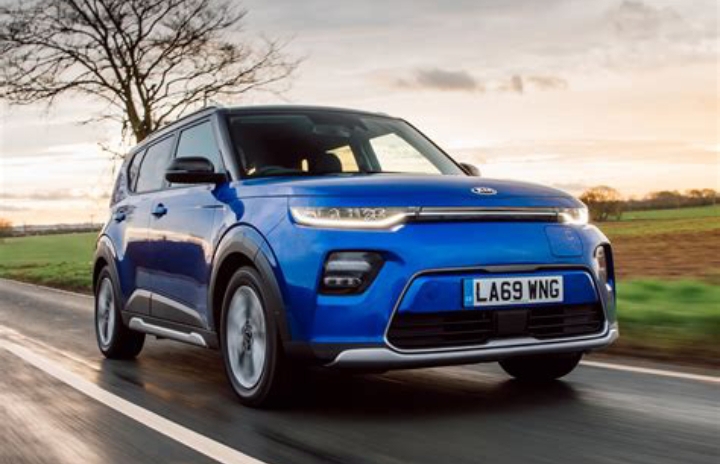
An affordable electric vehicle with a unique design and practical features. Prices range from ₦12 million to ₦14 million.
Hyundai Kona Electric
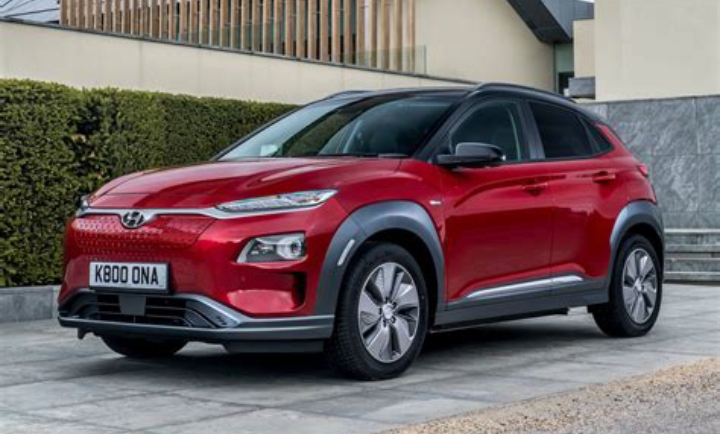
The first electric car assembled in Nigeria, offering a range of up to 482 kilometers on a single charge. Pricing details may vary.
BYD E6
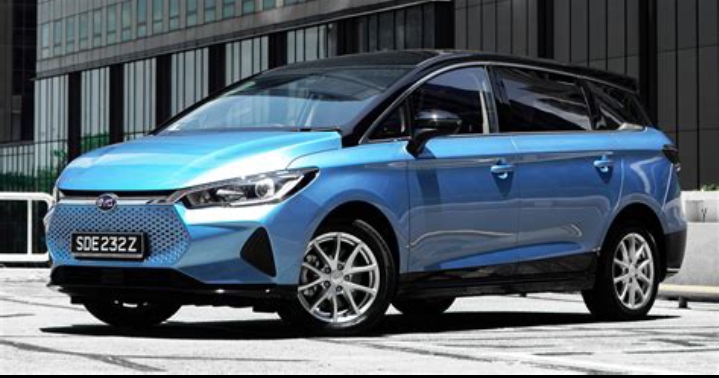
A budget-friendly electric vehicle from a Chinese manufacturer, known for its spacious interior and practicality. Clearing costs range from ₦1 million to ₦1.5 million.
Audi e-tron
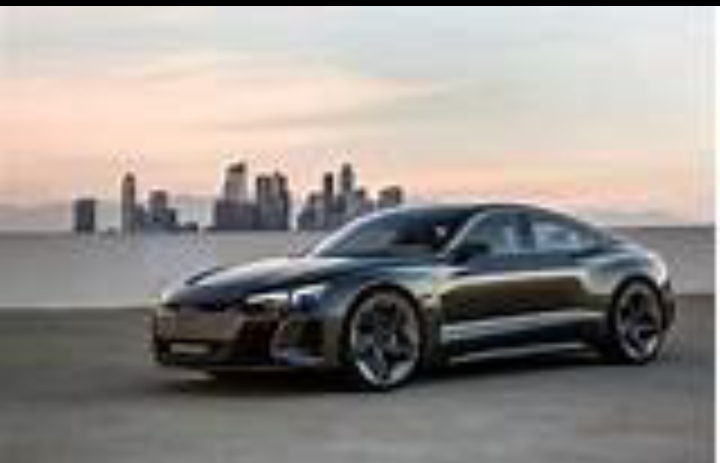
A luxury electric SUV offering premium features and performance. Clearing costs may range from ₦3 million to ₦5 million.
Nissan Leaf
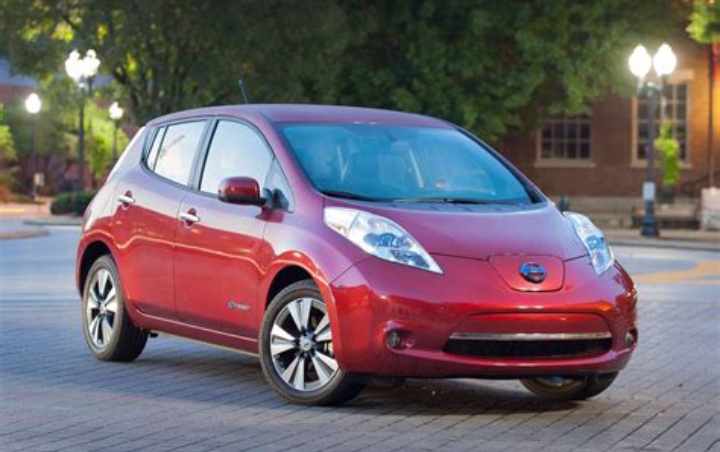
A popular compact electric car known for its reliability and efficiency. Used models (2017-2019) have clearing costs between ₦1.5 million and ₦2 million.
Porsche Taycan
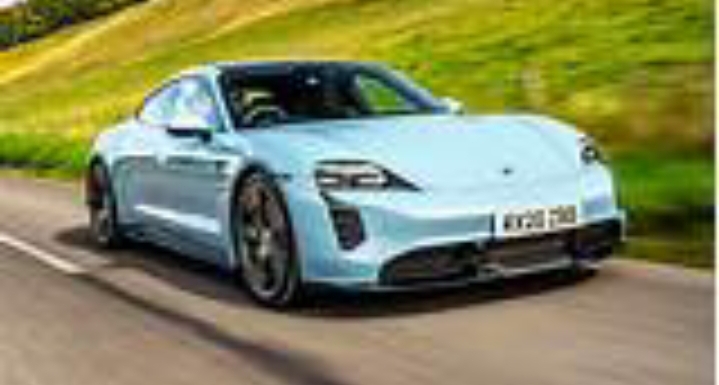
A high-performance electric sports car with exceptional driving dynamics. Clearing costs may be higher due to its luxury status.
Mercedes-Benz EQC
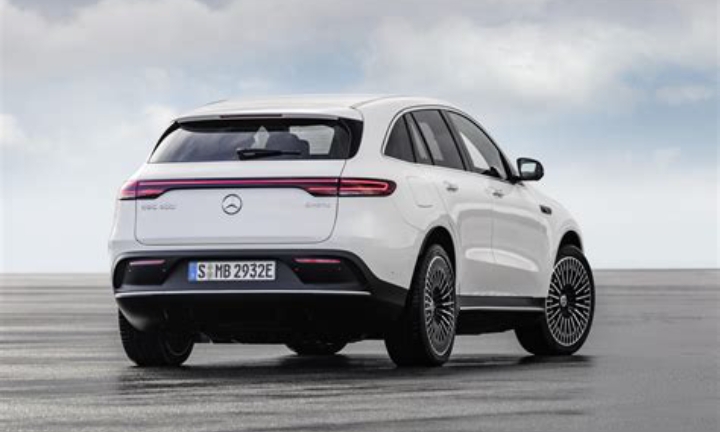
A luxury electric SUV combining Mercedes-Benz quality with electric efficiency. Clearing costs may be higher due to its luxury status.
Clearing Costs
Importing an electric vehicle into Nigeria involves additional expenses known as clearing costs, which cover customs duties, taxes, and other fees. These costs vary based on the vehicle’s age, make, model, and value.
Used Electric Cars (e.g., 2017-2019 Nissan Leaf): Clearing a used Nissan Leaf or similar electric car typically costs between ₦1.5 million and ₦2 million.
Luxury or New Electric Cars (e.g., Tesla Model 3): Newer and luxury EVs such as Tesla Model 3, Audi e-tron, or BMW i3 may cost between ₦3 million and ₦5 million to clear.
Budget-Friendly Electric Cars (e.g., BYD E6): Models like the BYD E6 or similar Chinese brands might have a clearing cost around ₦1 million to ₦1.5 million.
Factors Influencing Clearing Costs
Several factors can influence the total clearing cost of an electric car:
Age of the Vehicle: Older cars generally cost less to clear because they depreciate in value, leading to lower customs duties and VAT.
Make and Model: High-end models like Tesla, Mercedes-Benz EQ, or Porsche Taycan attract higher customs fees compared to budget models like Nissan Leaf or BYD.
Vehicle Specifications: Features such as battery capacity, range, and additional accessories can impact the vehicle’s value and, consequently, the clearing costs.
Charging Costs
One of the primary concerns for potential EV owners in Nigeria is the cost of charging the vehicle. Charging expenses depend on electricity tariffs, charging habits, and the vehicle’s battery capacity.
Electricity Tariffs in Nigeria
Electricity tariffs in Nigeria vary based on location, consumption levels, and distribution companies. As of 2024, the average cost per kilowatt-hour (kWh) ranges from ₦24 to ₦60, depending on the consumer band and usage.
Calculating Charging Costs
To estimate the cost of charging an EV, consider the following:
Battery Capacity: Measured in kilowatt-hours (kWh), it indicates the amount of energy an EV can store. For instance, a Nissan Leaf typically has a 40 kWh battery, while a Tesla Model S can have a battery capacity of up to 100 kWh.
Electricity Tariff: This is the cost per kilowatt-hour (kWh) charged by your electricity provider.
Example of Charging Costs in Nigeria
Let’s calculate the cost of fully charging a Nissan Leaf with a 40 kWh battery at a tariff of ₦50/kWh:
Battery capacity = 40 kWh
Electricity cost = ₦50/kWh
Charging cost = Battery capacity × Electricity cost
= 40 × 50 = ₦2,000
For a Tesla Model S with a 100 kWh battery:
Battery capacity = 100 kWh
Electricity cost = ₦50/kWh
Charging cost = 100 × 50 = ₦5,000
Solar Power as an Alternative
Many Nigerians are turning to solar energy to charge their EVs. While the initial cost of setting up a solar system can be high (ranging from ₦3 million to ₦10 million depending on the capacity), it can provide a more sustainable and long-term cost-effective solution for charging electric vehicles, especially in areas with unstable power supply.
Maintenance Costs
Electric vehicles generally have lower maintenance costs compared to internal combustion engine (ICE) vehicles, primarily because they have fewer moving parts and do not require oil changes or extensive servicing. However, there are still maintenance considerations to keep in mind.
Battery Replacement
The battery is the most expensive component of an electric vehicle. Depending on the model, replacing an EV battery can cost anywhere between ₦1.5 million and ₦10 million. However, most modern EV batteries are designed to last for 8 to 10 years or more, and some manufacturers offer warranties for up to 8 years.
Tires
Electric vehicles tend to wear out tires faster due to their heavier weight and instant torque. High-quality tires for EVs can cost between ₦100,000 and ₦400,000 per set, depending on the size and brand.
Brake Pads
EVs use regenerative braking systems, which reduce wear and tear on brake pads. This means brake pads last longer than in ICE vehicles, saving on replacement costs.
Software Updates
Some EVs, especially luxury brands like Tesla, require periodic software updates. While many updates are free, others may come with a fee, depending on the manufacturer.
Miscellaneous Costs
Other maintenance costs include wiper blade replacements, air conditioning servicing, and general inspections. These costs are usually comparable to those of traditional vehicles.
Charging Infrastructure in Nigeria
A significant challenge for EV adoption in Nigeria is the lack of widespread charging infrastructure. However, efforts are being made to address this issue:
Public Charging Stations
Public charging stations are being installed in key cities like Lagos, Abuja, and Port Harcourt. For instance, the Hyundai Kona EV comes with a home charging kit, but the Stallion Group has also set up public charging stations in Lagos. Charging at public stations may cost between ₦1,500 and ₦5,000 depending on the vehicle’s battery capacity.
Home Charging Stations
Most EV owners in Nigeria prefer home charging stations for convenience. Setting up a home charging station can cost between ₦500,000 and ₦2 million, including the cost of the charger and installation.
Tax Incentives and Import Policies
The Nigerian government is gradually embracing policies to encourage EV adoption. For instance:
Reduced Import Duties: The government has reduced import duties on electric vehicles to promote their adoption.
Tax Incentives: EV owners may enjoy tax incentives or exemptions in the future, although specific details are still being finalized.
Challenges of Owning an Electric Vehicle in Nigeria
While EVs offer numerous benefits, there are some challenges to consider:
- Unstable Power Supply: The erratic nature of electricity in Nigeria can make charging an EV inconvenient without alternative power sources.
- High Initial Costs: The purchase and importation of EVs remain expensive for many Nigerians.
- Limited Charging Infrastructure: The availability of charging stations is still limited, especially outside major cities.
- Lack of Expertise: Few mechanics are trained to repair or service electric vehicles in Nigeria.
Final Thoughts
Owning an electric vehicle in Nigeria comes with both opportunities and challenges. While the initial costs can be high, the long-term savings on fuel and reduced maintenance costs make EVs an attractive option. As the government and private sector invest in charging infrastructure and provide incentives, the future of electric mobility in Nigeria looks promising.
For budget-conscious Nigerians considering an EV, exploring used models or investing in solar charging systems could help reduce costs. With proper planning and research, owning an electric vehicle in Nigeria can be a rewarding experience.
Do you own or plan to own an electric vehicle in Nigeria? Share your thoughts in the comments below!


Leave a Comment